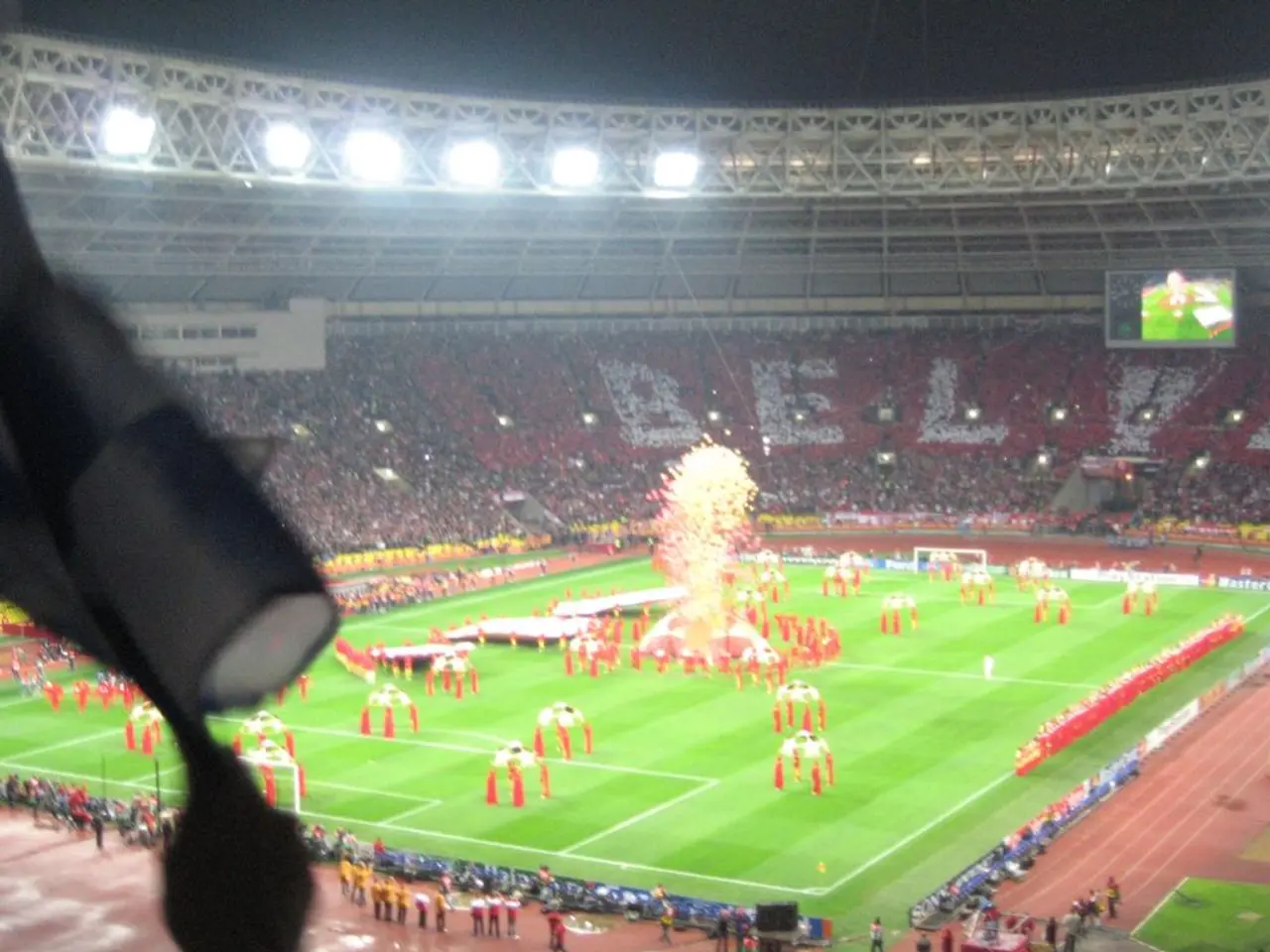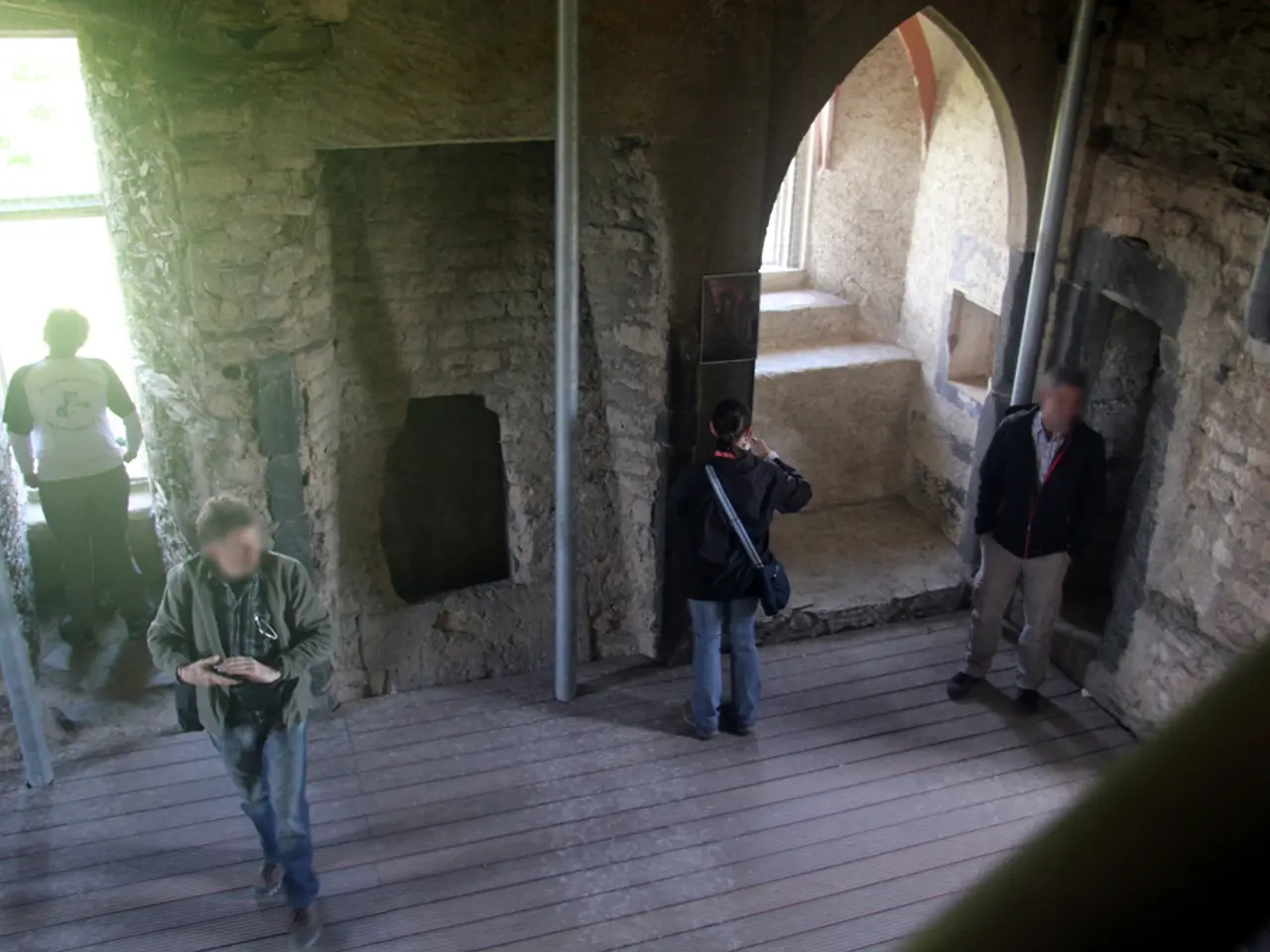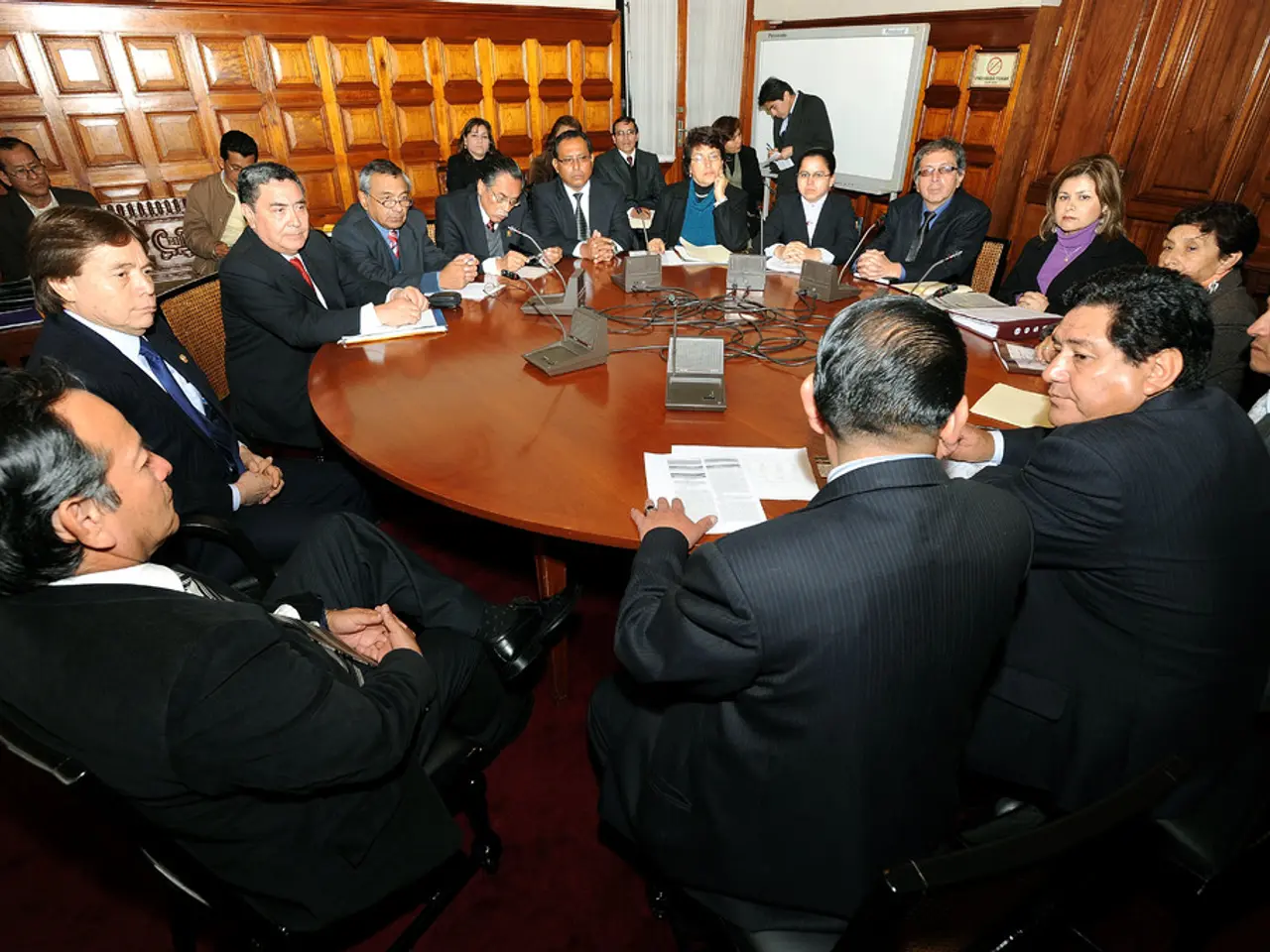Hiroshima Remains a Global Reminder of Nuclear Tragedy
Seventy-six years ago, on August 6 and 9, 1945, the world witnessed a transformative event in its history. The US B-29 bomber, the Enola Gay, dropped the first atomic bomb, codenamed "Little Boy," on Hiroshima, followed by "Fat Man" on Nagasaki three days later. These events, known as the atomic bombings of Hiroshima and Nagasaki, marked the first—and so far only—uses of nuclear weapons in conflict.
The Manhattan Project, a top-secret U.S. government research initiative that ran from 1942 to 1945, was responsible for the development of these atomic bombs. The success of the project, culminating in the Trinity test in July 1945, established the United States as the first nation capable of atomic warfare, marking a pivotal moment that ended World War II and launched the nuclear age.
The immediate impact of the bombings was devastating. In Hiroshima, the explosion had a force equivalent to 15,000 tons of TNT, causing an immediate, horrific firestorm that killed approximately 80,000 people instantly. The death toll in Hiroshima and Nagasaki rose to about 230,000 due to radiation sickness, burns, and internal bleeding in the following weeks and months.
These events had far-reaching consequences. Militarily, they accelerated the end of World War II by forcing Japan's surrender without a costly invasion. Technologically, they showcased nuclear fission as a powerful weapon, validating the Manhattan Project’s scientific achievements. Geopolitically, they established the United States as a dominant global superpower and ushered in a new atomic era, fundamentally changing international relations and warfare due to the unprecedented destructive power and subsequent nuclear arms race.
As we commemorate the 76th anniversary of these events on August 9th, 2025, it is important to remember the lessons they teach us. The Ring Church in Wiesbaden invites people to a service on this day to remember the atomic bombings and honour the lives lost. The Peace Memorial, standing in the center of Hiroshima, serves as a poignant reminder of the destructive potential of war and the importance of peace.
Europe, Germany, and the world are encouraged to live with and learn from the past. The atomic bombings of Hiroshima and Nagasaki serve as a warning for future generations, a testament to the devastating consequences of nuclear warfare, and a call to strive for a world free of such weapons. May 8th, 2025, commemorates the end of World War II, and August 9th, 2025, serves as a reminder of the importance of peace and humanity. Let us never forget.
- The success of the Manhattan Project, responsible for the development of atomic bombs used in World War II, marked a significant shift in global politics, showcasing the United States as the first nation capable of atomic warfare and establishing its dominance during the nuclear age.
- The devastating impact of the atomic bombings of Hiroshima and Nagasaki during the World War II era had far-reaching consequences, not only militarily, but also technologically, geopolitically, and as a poignant reminder of the destructive potential of war and the importance of pursuing peace.








